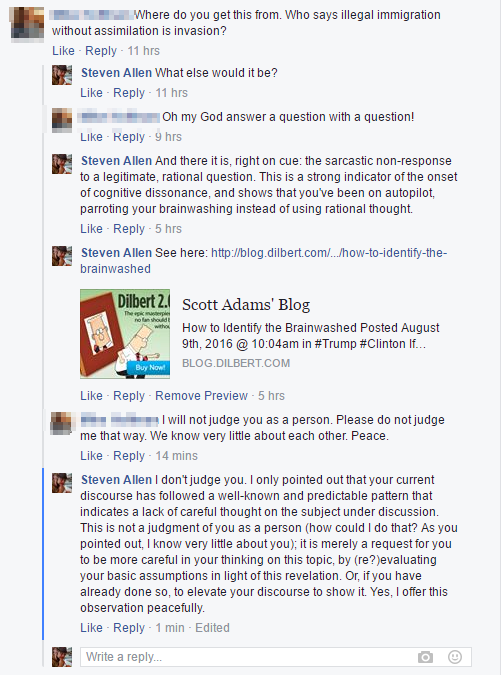On the Electoral College: The Last Vestiges of the Old Republic
I encountered the following on Facebook. Make everyone's vote count equally. Eliminate the Electoral College. Do you agree? The answer I gave is as follows, reblogged here for those who won't see it there: No, I do not. I actually propose restoring the electoral college to it's original glory, first by removing the state-by-state requirements that have cropped up requiring all electors from a State to vote according to the popular vote in that State, and secondly by requiring the national vote to be for the electors in each State (as far as the People can appoint them -- some would be appointed by the Legislatures, of course), and NOT for the Presidency. This would cause the national vote to work as intended originally -- a Republic, not a Democracy. I also, of course, advocate for the repeal of the 16th and 17th Amendments -- again, to restore the Republic to functioning AS a Republic. Of course, I'm also of the mind that the South was right when they
